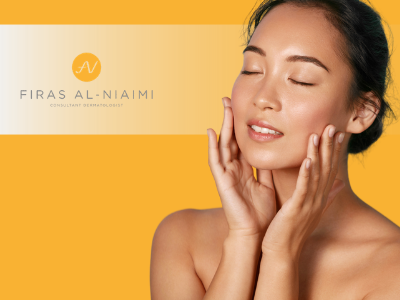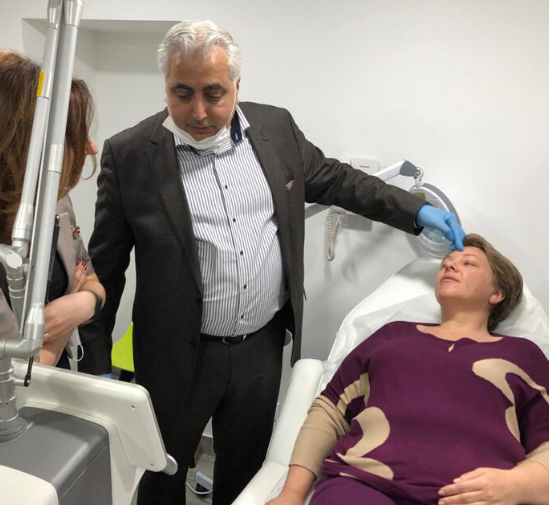 3rd January 2023
3rd January 2023
Veganuary And Skin Nutrition
In the past, we have talked about how certain factors can impact your skin, from alcohol to Halloween makeup. Your diet is one of those factors and there is such a thing as skin nutrition. What we eat has a much bigger effect on the health of our skin than you might think.
At this time of year, a swathe of people turn to veganism, if only for a month, as they take part in Veganuary as part of their new year’s resolutions. In fact, over 600,000 people officially signed up last year via the Veganuary website, with 83% planning to stick with their new diet permanently. If you’re taking part this year or you’ve been a vegan for some time already, you might be interested to learn of the effects a plant-based diet has on your skin.
What Does ‘Skin Nutrition’ Mean?
Before we go any further, you might be wondering what we mean by ‘skin nutrition.’ Simply put, we are referring to nutrition for your skin and how both internal and external factors have implications on your skin health. You need to provide nourishment to your skin if you hope to see clarity and radiance, which boils down to a strong skincare regimen and a healthy lifestyle, including your diet.
The Effects Of A Plant-Based Diet
With each generation, the awareness of the need to nurture the planet and live as consciously as possible is growing, leading to more and more people choosing a plant-based diet. As a result, more studies involving the impact of the vegan lifestyle on skin nutrition are being conducted.
While this is still an area that needs further research, we do know that this food group is rich in key vitamins, minerals, nutrients and antioxidants. Certain foods have even been coined as ‘superfoods’ due to the staggering number of beneficial properties they possess, such as leafy greens, legumes, berries, nuts, seeds, ginger, garlic, olive oil, avocado, sweet potato, seaweed and mushrooms. Foods like these can ‘contribute to oxidant defence, lower inflammation, and promote structural support of the skin’, not to mention the fact that they strengthen the skin barrier and encourage its proper function.
With that in mind, is a plant-based diet suitable enough to provide everything you need when it comes to skin nutrition?
A Balanced Diet Is Optimal
On the whole, Dr Firas would recommend a balanced diet consisting of healthy amounts of each food group. That’s not to say that a plant-based diet is unhealthy, should you choose to adopt one – far from it! But the best way to ensure healthy, youthful skin behaviours is to tick all boxes and meet all of your skin nutrition needs.
Being a vegan means no meat, dairy, eggs or honey. Cutting out dairy can hugely improve your skin, especially when it comes to acne. However, many vegan diets lack iron and vitamin B12, which are both critical for strong hair and nails as well as a bright complexion. Some vegans even end up with deficiencies that leave them with pale skin and dark circles around the eyes. Without meat, fish, eggs and dairy, you may also leave yourself in desperate need of essential amino acids and omega-3 fatty acids, both of which support healthy skin and minimise the risk of skin conditions like eczema.
Ask Dr Firas
If you aren’t ready to leap veganism just yet but you are worried about your skin nutrition, take a closer look at your diet and try to eat more healthily, incorporating more superfoods and less processed products. Couple this with regular exercise and you’ll be setting yourself up for a brilliant year ahead!
If you have any questions or concerns about your skin health, don’t hesitate to get in touch and book an assessment with Dr Firas at his Harley Street clinic in London.
Back to blog





